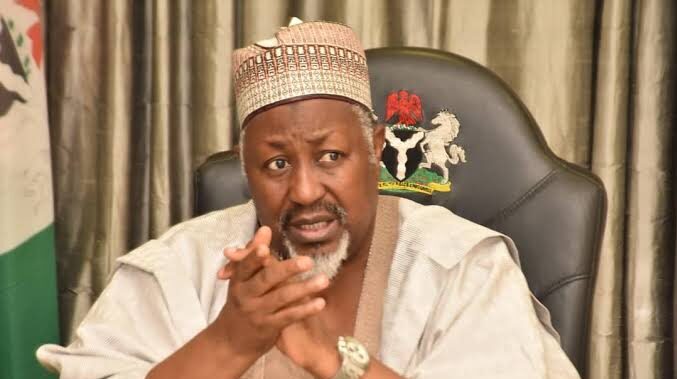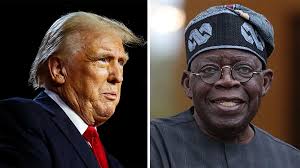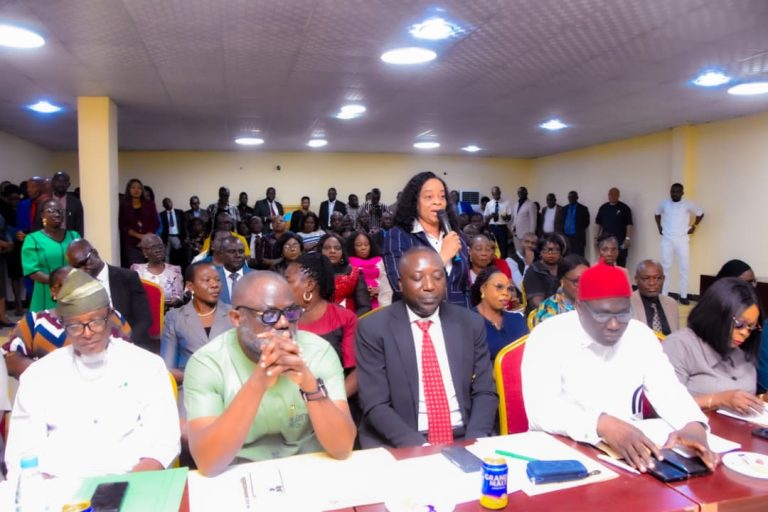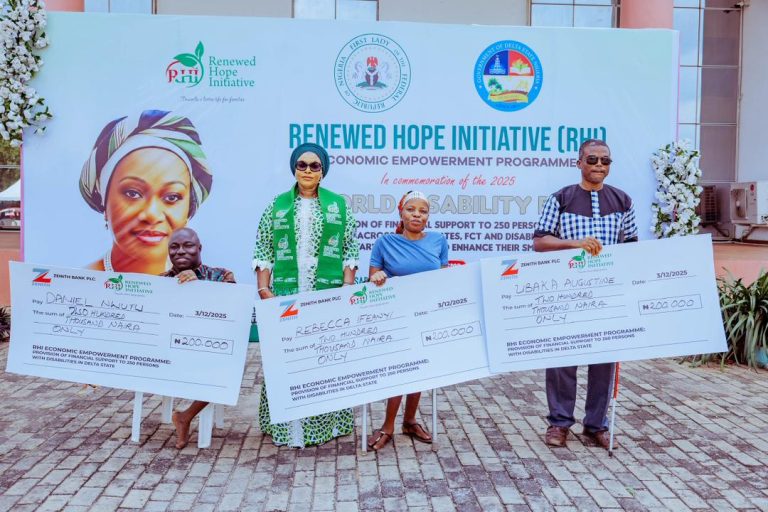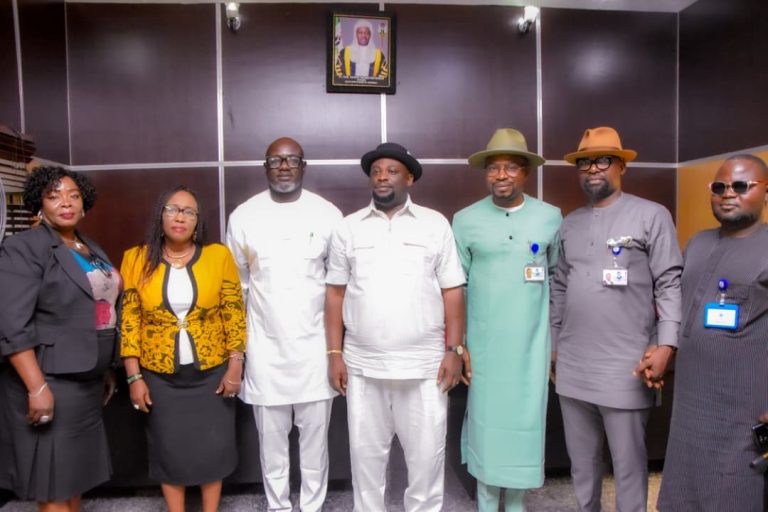
Hundreds of environmental campaigners’ march in the Kenyan capital on Saturday demanding drastic curbs on plastic production, ahead of a meeting in the city to negotiate a global plastics treaty.
Representatives from more than 170 nations will meet in Nairobi from Monday to negotiate what concrete measures should be included in a binding worldwide treaty to end plastic pollution.
“There is a lot of talk about end of pipeline solutions which we do not need right now. Investing in more of them divert the focus away from what we really need to do, which is mandating ambitious targets on plastics reduction,” said Tiara Samson an associate of Break Free from Plastic, which organised the march.
Marchers called for the talks to focus on cutting the amount of plastic produced and waved placards reading “Plastic crisis = climate crisis” and “End multigenerational toxic exposure”.
“We are the people who have the historical knowledge and also the historical depth of controlling plastic pollution. We are at the heart of recycling and I believe that our input, our voices should set base to this treaty,” said John Chweya, president of the Kenya National Waste Pickers Welfare Association.
Global production has more than doubled since the start of the century, but less than 10 per cent of plastic waste is currently recycled.
Nations agreed last year to finalise by 2024 a world-first UN treaty to address the issue of plastics which can now be found everywhere from mountain tops and the deepest sea trenches, to inside the human body.
Plastic also contributes to global warming, accounting for 3.4 per cent of global emissions in 2019, according to the Organisation for Economic Cooperation and Development.
The demonstrators highlighted the damage plastic causes to both the environment and people.
“Plastic pollution is affecting everyone all along the value chain from the moment we extract oil gas and coal to make plastic, to the moment we export waste to third countries, to having it ending up being burnt or being in dump sites,” said Delphine Levi Alvares, Global Petrochemical Lead at Break Free from Plastic.
“It’s affecting people’s health, it’s affecting the ecosystem health, it’s affecting the environment, it’s affecting the capacity of people to decide what they want to do with the future, because rather than thinking about that, they are busy cleaning up the world.”
Negotiators have met twice already, but Nairobi is the first opportunity to debate a draft treaty published in September that outlines the many pathways to tackling the plastic problem.
It is hoped that the negotiations with be concluded by next year so that the treaty can be adopted by mid-2025.
Africanews/Hauwa M.


